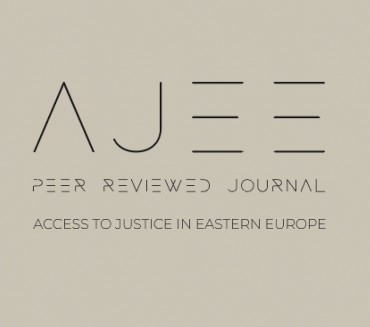Summary: 1. Introduction. – 1.1 Patent rationales – 1.2 The inventive step – 1.3 Strict patent law – 1.4 Soft patent law – 1.5 Patent law in Saudi Arabia. – 2. The importance of incentive laws for the renewable energy sector – 2.1 Financial incentives rather than patent laws to develop the renewable energy sector. – 2.1.1 The Renewable Portfolio Standards (RPSs). – 2.1.2 Feed-in Tariff Policy (FIT). – 3. Lessons for Saudi Arabia. – 4. Conclusion.
Background: Saudi Arabia (KSA) is a global leader in producing fossil fuels and has primarily relied on this energy source for its Gross Domestic Product (GDP). However, after the 2014 oil crash, the country established Vision 2030, intending to shift toward a non-oil dependent economy. Through this vision, Saudi Arabia aims to increase generation of electricity from clean energy sources by 30%. This paper examines the effectiveness of strict intellectual property (IP) regulations aiming to develop the renewable energy (RE) sector.
Methods: In this paper, the author examines the effectiveness of strict intellectual property rights in-depth to develop innovation in the renewable energy sector as mentioned in Saudi Arabia’s 2030 Vision. The paper makes a comparison with countries, such as the EU and China, regarding the extent to which strict intellectual rights have improved innovation. The author uses an inductive research approach that relies on qualitative data since it critically analyses regulations and policies in many countries, such as Saudi Arabia, the EU, and China.
Results and conclusions: The author finds that financial incentives are more effective than in developing innovation in the renewable energy sector. Most importantly, developing countries benefit from financial incentives to increase innovation since many developed countries have adopted a strict IP law after their markets developed.

